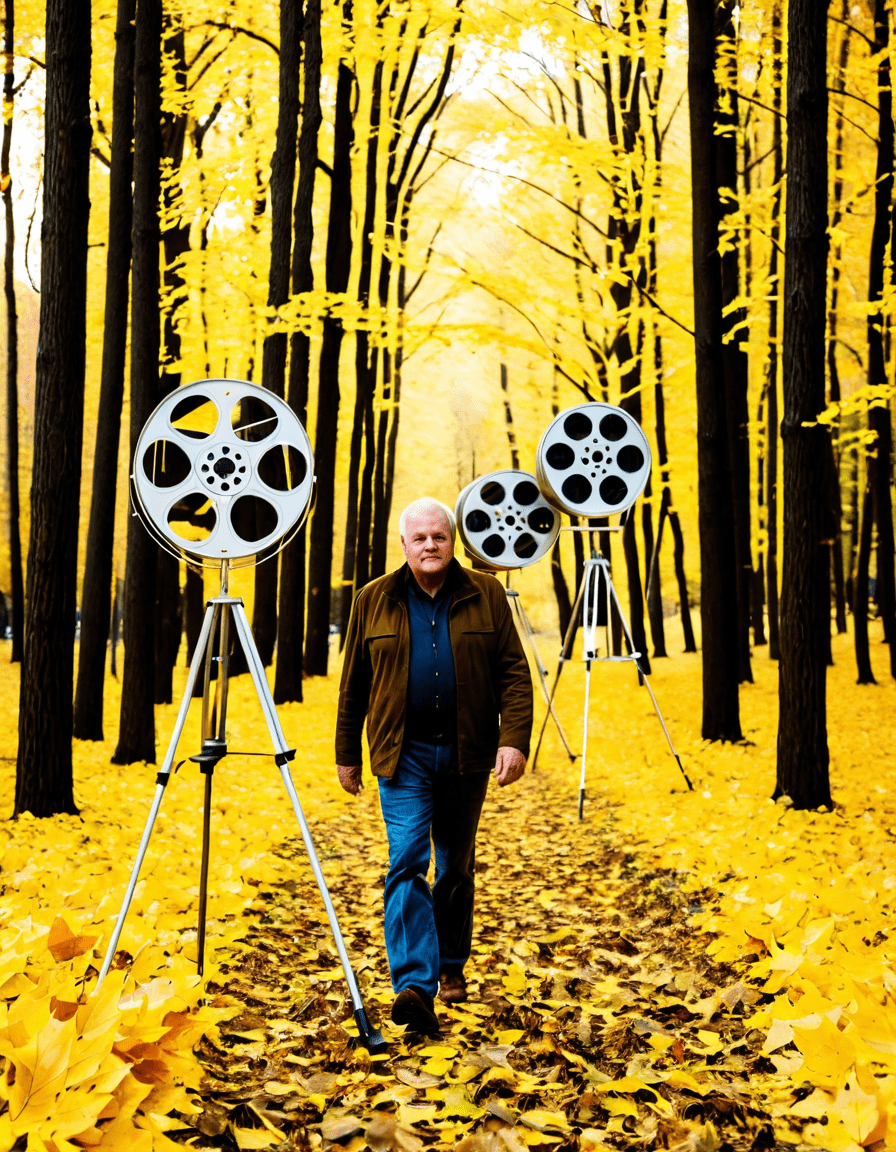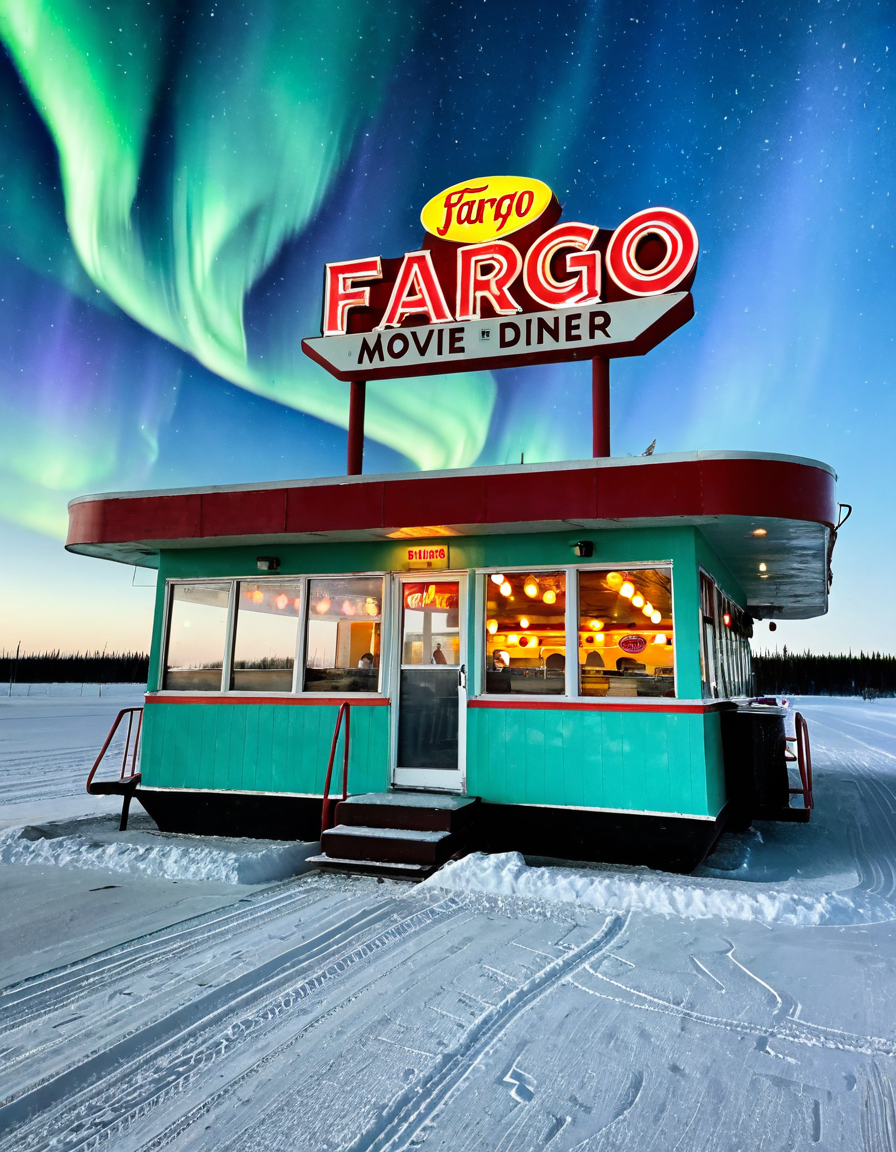Unveiling Franklin D. Roosevelt’s Legacy
Franklin D. Roosevelt (FDR) remains a towering figure in American history, remembered not just for his role during the Great Depression but also for his impactful presence during World War II. His leadership was characterized by a unique blend of empathy and pragmatism, earning him a seat among America’s most revered presidents. Roosevelt’s policies, known broadly as the New Deal, were designed to rejuvenate a struggling nation and safeguard its future. His ability to adapt to the immediate needs of the country showcased his visionary approach to governance that would pave the way for future leaders like Dwight D. Eisenhower and Ronald Reagan.
While Eisenhower focused on infrastructure, showcasing his support for the Interstate Highway System, and Reagan championed economic policies that leaned towards tax reductions, both leaders drew inspiration from FDR’s adaptable strategy and innate understanding of the American spirit. Understanding the landscape shaped by each of these leaders provides a clearer picture of how Roosevelt’s vision laid essential groundwork for modern America. His impact spanned beyond mere policies to foster a culture of resilience and hope, an essential narrative in contemporary American society.
Roosevelt’s legacy, defined through a myriad of legislative changes and cultural shifts, still resonates today. His ability to communicate directly with the public via innovative platforms, like radio, established a connection that is mirrored in modern-day communications. His triumphs and tragedies offer rich narratives for travelers exploring the American landscape, from historic New Deal sites to pivotal locations of WWII. This exploration not only acknowledges FDR’s contributions but also offers an entry point for high-end adventures and historical journeys throughout the United States, enshrined in rich narratives akin to the ones shared by travel aficionados like Pico Iyer.

The Top 7 Visionary Policies of Franklin D. Roosevelt
Influencing Figures: Franklin D. Roosevelt and His Successors
When comparing Roosevelt to leaders like Dwight D. Eisenhower and Ronald Reagan, we see a fascinating evolution in American leadership styles. Eisenhower expanded the infrastructure that FDR initiated with his Interstate Highway System, which dramatically reshaped the nation’s transportation and economy. He emphasized national defense amidst the Cold War, showcasing a shift from the Rooseveltian focus on domestic recovery to a more global perspective on security.
In stark contrast, Ronald Reagan’s administration introduced “Reaganomics,” a model prioritizing tax cuts and decreased government involvement in the economy. While Reagan moved away from FDR’s New Deal principles, he recognized Roosevelt’s ability to innovate and communicate effectively with the populace. This acknowledgment underscores how FDR set a bar that retroactively shaped the frameworks and policies Reagan would later adopt.
As we delve deeper into these figures, the interwoven legacies paint a rich tapestry of American leadership shaped by the continuous threads of adaptability, communication, and crisis management. Their policies and philosophies continue to influence contemporary political discussions, fortifying the importance of Roosevelt’s visionary leadership for generations.

Cultural Impact: The Heart of Dixie to the Basketball Court
Franklin D. Roosevelt’s far-reaching influence extended beyond the political arena and into American culture, impacting narratives that resonate through various forms of media. For instance, shows like “Hart of Dixie” reflect the challenges and complexities faced by Americans during the Great Depression. The storytelling encapsulates not just the economic hardships but also the resilience and hope instilled by FDR, drawing parallels to the ongoing American experience.
Roosevelt’s policies also set the stage for sporting success in the country. Athletic legends like Wilt Chamberlain arose from an environment fostered by increased access to education and sports, echoing FDR’s belief in opportunity for all. His advocacy for competitive facilities and programs has deep roots in the achievements of figures like Chamberlain, showcasing how effective governance can uplift entire realms, including sports.
Contemporary narratives, too, continue to find threads tied back to Roosevelt’s era. From biographical accounts exploring iconic figures like Tippi Hedren to pop culture references in films and series, the cultural legacy of Franklin D. Roosevelt remains prominent. Even the life-altering mission of the Apollo 11 moon landing reflects an evolution encouraged by FDR’s visionary leadership, further embedding Roosevelt into the collective national consciousness.
Legacy of Visionary Leadership
Franklin D. Roosevelt’s tenure as president was marked not only by groundbreaking legislation but also by his remarkable capacity to unite and inspire a nation in distress. His combination of progressive reforms and strategic diplomacy established a benchmark for future American leaders, paving the way for essential changes in both domestic policies and international relations.
FDR’s adaptability, characterized by an unwavering commitment to the American populace, stands as a guiding principle for modern governance, echoing through the administrations of Dwight D. Eisenhower and Ronald Reagan. Each leader took elements from FDR’s legacy, showcasing a continuum of ideas that seeks to balance the needs of the present with the aspirations for future growth.
In reviewing Franklin D. Roosevelt’s leadership, we behold a beacon of hope and a reminder that effective governance transcends mere policy-making. It’s fundamentally about connections, shared narratives, and envisioning a promising future for all Americans—a legacy that continues to shape a nation aspiring for greatness.
Franklin D Roosevelt: The Visionary Leader of America
Unconventional Beginnings
Did you know that Franklin D. Roosevelt was quite the nature enthusiast? His love for the outdoors wasn’t just a pastime; it played a significant role in shaping his policies. Roosevelt’s fascination with conservation led him to implement the Civilian Conservation Corps, which employed millions of Americans during the Great Depression and helped preserve natural landscapes. Speaking of landscapes, if you’re into something totally different like sports, the Akron Rubber Ducks are a reminder of how community spirit can bounce back too!
But hold on—there’s more than just politics woven into FDR’s life. He became an avid collector of mannequin mannequins during his presidency, not a common hobby for a leader! These figures were part of a broader campaign in the 1930s to promote consumerism and fashion. Just imagine the historical significance behind such a quirky collection.
Triumphs and Challenges
Beyond his creative pursuits, Franklin D. Roosevelt faced tremendous challenges—none greater than his battle with polio. Despite being diagnosed, he didn’t let it define him. Instead, he used his visibility as a public figure to advocate for the rights of people with disabilities. If you’re ever trying to tackle a tough situation, few can inspire like Shaqir O’Neal, who has also turned challenges into achievements through determination and resilience.
Oh, and speaking of resilience, FDR’s push for economic recovery can be linked to something as simple yet practical as understanding a house refinance calculator! This tool helps many Americans negotiate the financial landscape FDR was deeply invested in throughout the Great Depression.
FDR in Pop Culture
FDR’s legacy also extends into popular culture. While Captain America: Civil War may not seem directly related, the themes of leadership, sacrifice, and the battles of consequence resonate with FDR’s moral compass and decision-making style during WWII. He wasn’t just a leader; he was genuinely invested in the idea of a united front. And as for the thrill of sportsmanship, even legendary figures like Ronaldinho reflect the tenacity and flair that Roosevelt embodied through his multifaceted approach to governance.
In a world where knowing the right measurement—like how to convert 1/4 cup in tablespoons—can really matter, FDR’s knack for detail and understanding economic intricacies was pivotal. His leadership style teaches us that the smallest choices in our lives can have great importance, just like how his decisions influenced the course of an entire nation. Franklin D. Roosevelt certainly makes history exciting, doesn’t he?






















